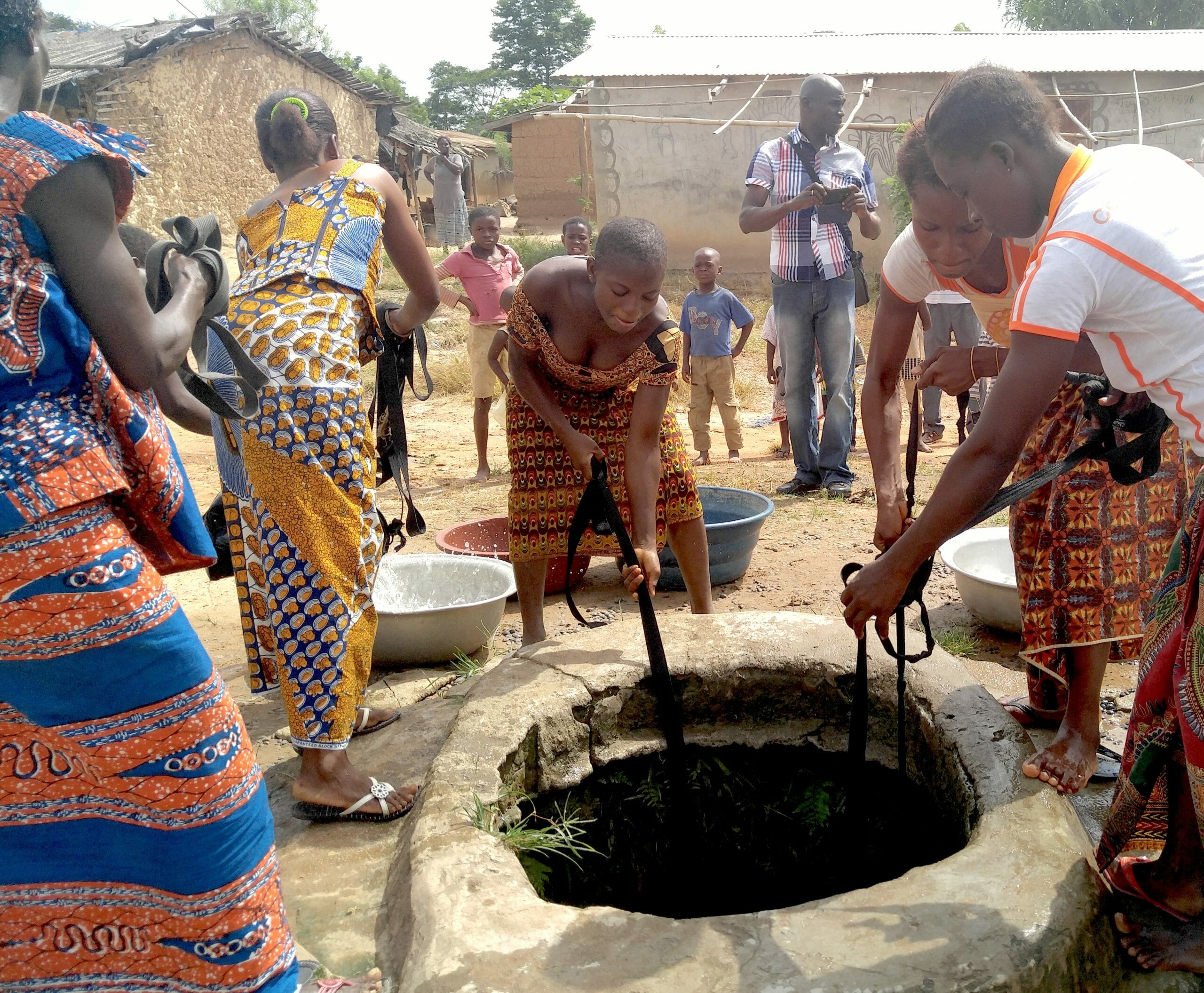The UN Sustainable Development Goal Nr.6 states that there should be safe and affordable drinking water for all by 2030.
We are still 10 years away but with the current strategy of small-scale investments (boreholes, water meters, etc.), we simply are not going to reach that goal; and women in rural areas will keep carrying water on their head and walking 6 kilometers on average per day to fetch water, keeping them away from education and and income-generating activities.
This situation should no longer exist in the 21st century!
So, the only option is to drastically change the momentum of the water sector’s development by regulating it, by investing in adequate and modern infrastructure, and by professionalizing its management through internationally-recognized operators.
By disrupting the current situation, we can transform the water sector into a modern, profitable and attractive sector.
We need to make fundamental and radical changes, moving from small-scale to large-scale investments, to implement the next generation of water systems. The water industry urgently needs to transition to the post-digital era to build its capacity to meet the challenge of increasing demand, environmental changes and resulting water scarcity.
We need to make fundamental and radical changes, moving from small-scale to large-scale investments, to implement the next generation of water systems.
The water industry urgently needs to transition to the post-digital era to build its capacity to meet the challenge of increasing demand, environmental changes and resulting water scarcity. This can only be achieved via a Public and Private Partnership, with the government fully on board.
Manobi Africa, with its UtilitY85 platform, a transformative tool for the water sector, is the ideal partner to manage the system and de-risk the investment at every stage through technology (by collecting data in the field in real time, enabling it to clarify the sector and thus show its full potential). UtilitY85 is a game-changer, driving large-scale investments in the water system to secure clean water for everyone by offering cross-cutting solutions.
This strategy will allow a water system in 2030 offering clean drinking water flowing out in every household, at a cost identical in both urban and rural areas, and with a maximum of 15% loss (compared to 40% today), while being profitable to operators. The perfect win-win situation for everyone!

